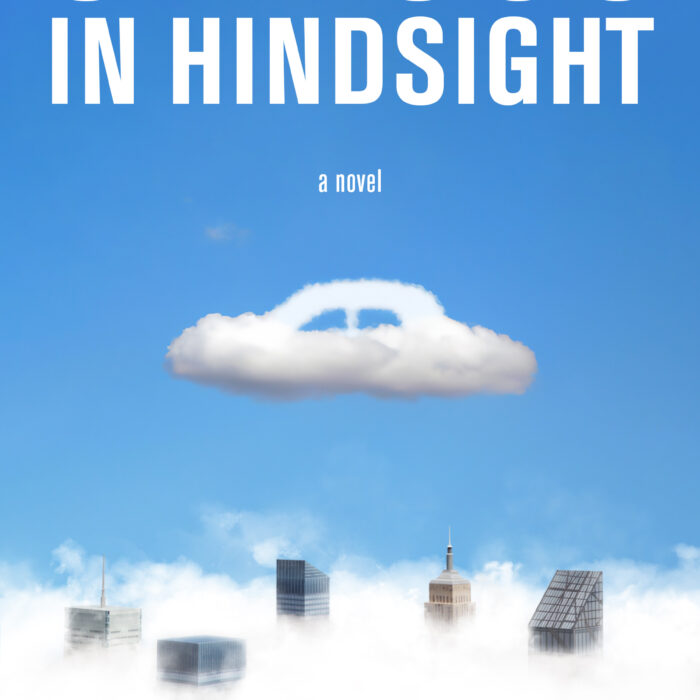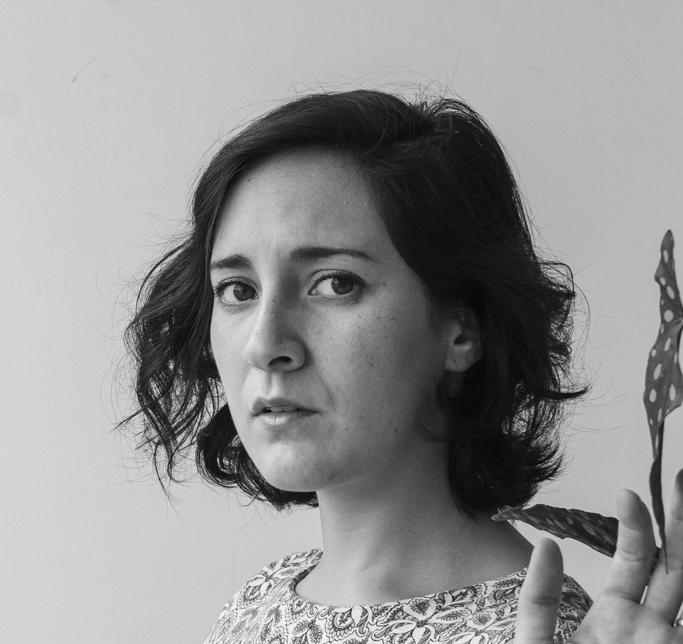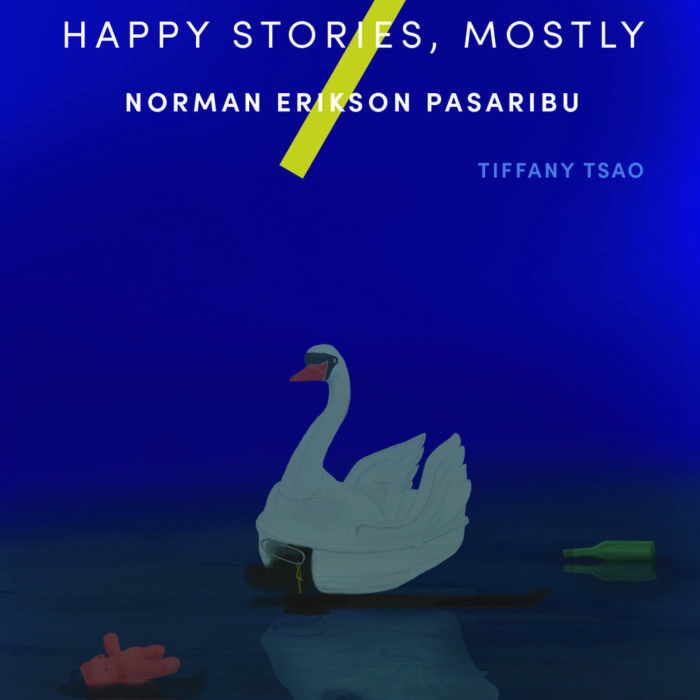You have no items in your cart. Want to get some nice things?
Go shopping
Prize-winning poet, playwright and novelist Adam Thorpe was born in Paris in 1956 and grew up in India, Cameroon and England. He studied at Magdalen College, Oxford, and is the author of nine novels, including Ulverton. He has lived in France for over twenty years. His new translation of Flaubert’s Madame Bovary, which uses strictly period English, was published this October by Vintage Classics. His sixth volume of poetry, Voluntary, comes out in March 2012 and is a Poetry Book Society Recommendation; his tenth novel, Flight, will appear in May—both books published by Jonathan Cape.
What is your earliest childhood memory?
I was about three and we were living in Calcutta. I have a vivid image of the white-bearded smiling face of our ‘Untouchable’ sweeper: he would often play with me. I also remember wandering on my own into the central room of our huge old colonial-style house. I heard the clock ticking and suddenly knew with a shadow of fear that nothing went on forever.
What makes you happy?
A lot of things: when the work’s going well; when I’m with friends or family and we’re laughing, especially if I make a joke in French that works; when my children are happy in their lives. When I’m lying on an empty, sunny beach in somewhere like Estonia with Jo (my wife) next to me and all I can hear is the sea.
When did you decide you wanted to be a writer?
Learning to write at primary school, forming letters over and over on ruled lines, I experienced a deep, sensual thrill that I can still feel. I tried writing my first novel at the age of eleven and stopped wanting to be a vet.
What are you reading at the moment?
Ian Mortimer’s brilliant The Great Traitor, about Sir Roger Mortimer, lover of Queen Isabella and apparent murderer of the king – Edward II of red-hot poker fame. Take away the suits of armour, and England in the fourteenth century was much like present-day northern Mexico, carved up by psychopathic cartels: all massacres, mutilations and mayhem.
What advice would you give to a first time writer?
A literary writer? When you’re blocked, open the dictionary at random and whatever word you first touch with your finger, let it lead you. Be lead by language, in other words. Jump-start the imagination. Don’t be cerebral. Challenge yourself but stay simple and clear.
What is your guiltiest pleasure?
Reading in bed with a cup of tea – in the morning.
How do you relax?
Swimming. Walking in the hills. Watching old and new (good) TV series on DVDs.
What is your favourite French novel?
Madame Bovary, despite having translated it.
Which French author is underrated or deserves to be better-known?
Lettres de Mon Moulin (short story collection Letters from my Windmill) aside, Alphonse Daudet has never quite received the acclaim his writing deserves, perhaps because he was an anti-semite and a monarchist.
What’s the most challenging thing about translating literature?
Capturing nuance; sub-text; the music of the syllables… In fact, everything about it is a challenge.
And what’s the best thing?
When the three essential elements – accuracy, naturalness and musicality – click into place like a solid plane of colour in a Rubik’s cube.
What’s the worst job you’ve had?
Either three months as a machinist in a neon-bulb factory, or ten days as a refuse collector for Berkshire County Council, before the age of the wheelie. Excellent material for a writer, though.
What is the most important thing life has taught you?
Thinking the worst of people is too easy and leads nowhere nice or even interesting. Being generous in spirit, without too much naivety, is usually fruitful.
What’s next?
I may well be translating Zola’s Thérèse Raquin, trying to capture its dark charge by tuning the English to the right music.





